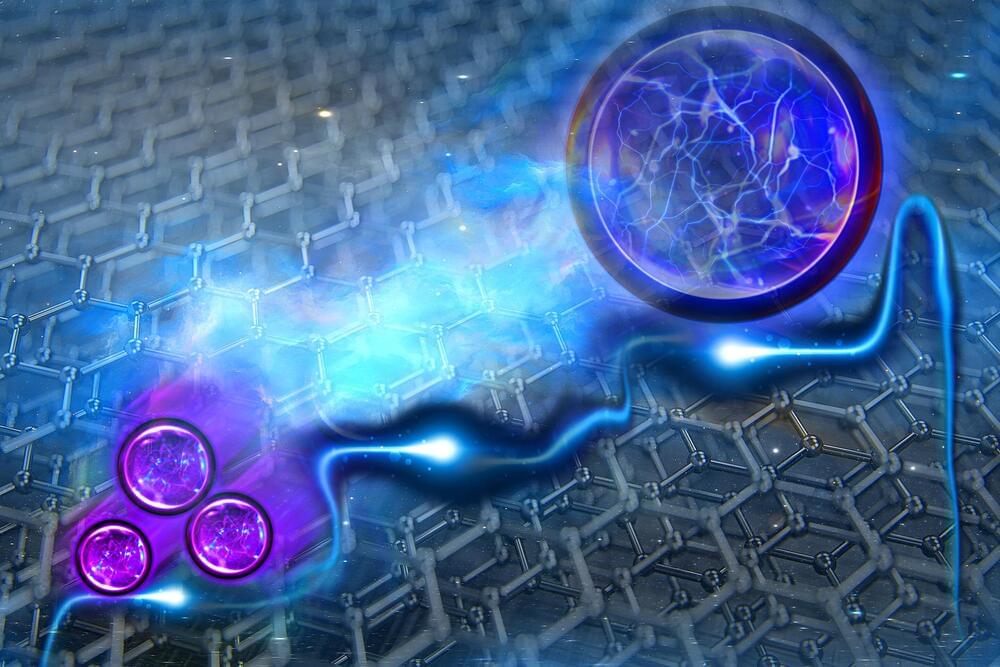The electron is the basic unit of electricity, as it carries a single negative charge. This is what we’re taught in high school physics, and it is overwhelmingly the case in most materials in nature.
But in very special states of matter, electrons can splinter into fractions of their whole. This phenomenon, known as “fractional charge,” is exceedingly rare, and if it can be corralled and controlled, the exotic electronic state could help to build resilient, fault-tolerant quantum computers.
To date, this effect, known to physicists as the “fractional quantum Hall effect,” has been observed a handful of times, and mostly under very high, carefully maintained magnetic fields. Only recently have scientists seen the effect in a material that did not require such powerful magnetic manipulation.
